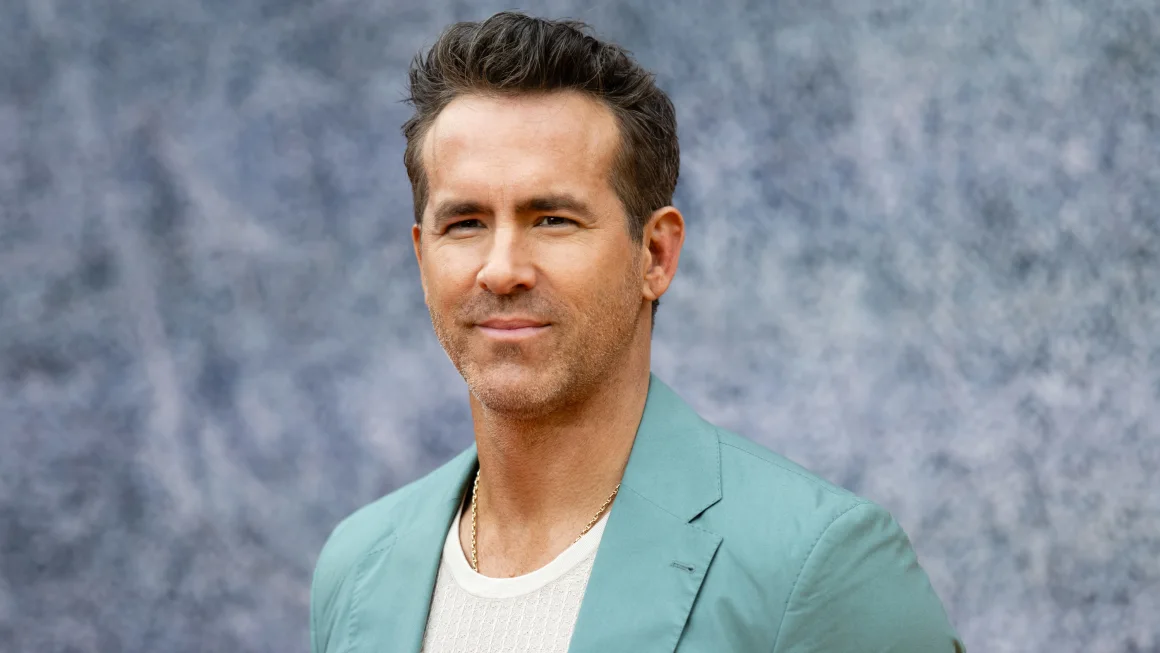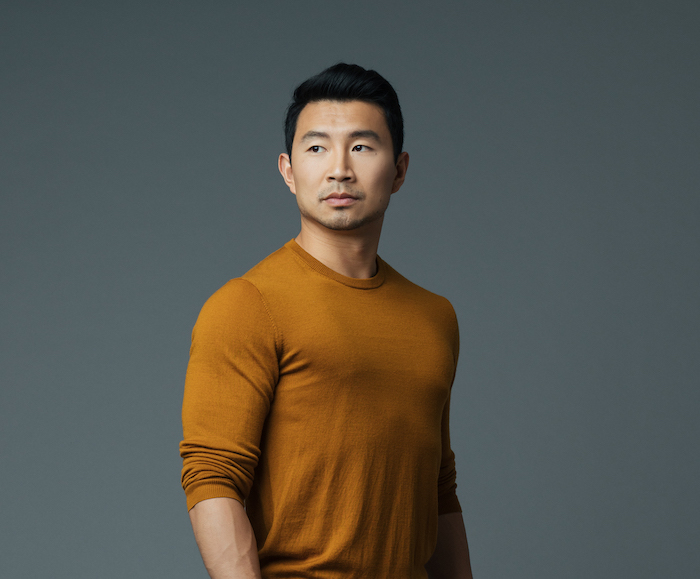Canadian Prime Minister Mark Carney embarked on his first official overseas trip on Monday, meeting with British Prime Minister Keir Starmer and French President Emmanuel Macron. Carney's trip comes as U.S. President Donald Trump’s ongoing tariff war with Canada escalates, raising concerns over Canada’s sovereignty and economic stability.
Amid growing frustrations from Canadian citizens, many of whom criticize the muted response from the leaders of Britain and France to Trump’s inflammatory rhetoric, Carney is seeking to bolster Canada’s position on the global stage. Trump’s imposition of tariffs on Canadian steel and aluminum and his repeated comments about turning Canada into the 51st state have sparked widespread alarm within Canada.
During their meetings, both Macron and Starmer refrained from taking journalists’ questions. Although a joint press conference had been proposed by Canada in Paris, the French declined the opportunity for such an event. Starmer did emphasize the strength of the historical relationship between the U.K. and Canada, reaffirming the importance of respecting Canada’s sovereignty.
However, Starmer stopped short of directly confronting Trump’s rhetoric, despite calling Canada a "friend and ally" to the U.K. Instead, he stressed the shared history and values between the two sovereign nations, while reaffirming the importance of maintaining a strong and independent Canada.
Carney, in contrast, firmly rejected any notion that Canada needs international validation of its sovereignty, stating, “We don’t need another country to validate our sovereignty, we are sovereign. We can stand up for ourselves.” He also expressed that disrespect toward Canada needs to cease before meaningful cooperation can continue.
Macron’s Focus on Tariffs and Strategic Partnerships
In his meeting with Macron, Carney echoed similar sentiments, although Macron did not address Trump’s specific attacks on Canada. Instead, the French president remarked that tariffs only lead to inflation and damage supply chains, emphasizing the need for strategic partnerships with loyal and trustworthy allies, such as Canada.
Despite the growing tensions, Carney remained hopeful about strengthening Canada's ties with both France and Britain. He emphasized that Canada’s identity was rooted in the shared histories of its French, English, and Indigenous peoples, and stressed that Canada would never, in any way, be part of the United States.
A Diplomatic Homecoming
In London, Carney was warmly welcomed at Buckingham Palace by King Charles III, Canada's sovereign. The meeting marked a symbolic moment for Carney, who previously served as Governor of the Bank of England. His tenure, which lasted from 2013 to 2020, helped to solidify his ties with the U.K. and further reinforced the strong bilateral relationship between Canada and the U.K.
Carney’s comments on the visit underscored the deep and enduring ties between Canada and the U.K., and the significance of these relationships in the face of challenges from across the border.
Future Plans and U.S. Relations
While Carney has expressed a willingness to engage in future discussions with the U.S., particularly regarding trade and security, he has made it clear that he will not sit down with President Trump until the U.S. is ready to address these issues comprehensively. He added that Canada is not attempting to coordinate a global retaliation against the U.S., recognizing the vast economic disparity between the two countries.
In the meantime, Carney is reviewing Canada's defense purchases, including the potential acquisition of U.S.-made F-35 fighter jets. He noted that increasing domestic production of military hardware in Canada could be a significant factor in future decisions.
Looking Ahead
Carney’s diplomatic efforts continue as he prepares for a busy summer, with plans to host the G7 summit in Canada. The ongoing global economic uncertainty, particularly the strained U.S.-Canada relations, will likely dominate the discussions at the upcoming summit.
Amidst the political turbulence, Carney is expected to call a parliamentary election in late April or early May, with his Liberal Party facing a potential shift in public sentiment due to the intensifying trade conflict. For now, Carney remains resolute in his commitment to Canada’s sovereignty, and his diplomatic outreach in Europe is a clear signal of his government’s determination to safeguard the country’s interests on the world stage.

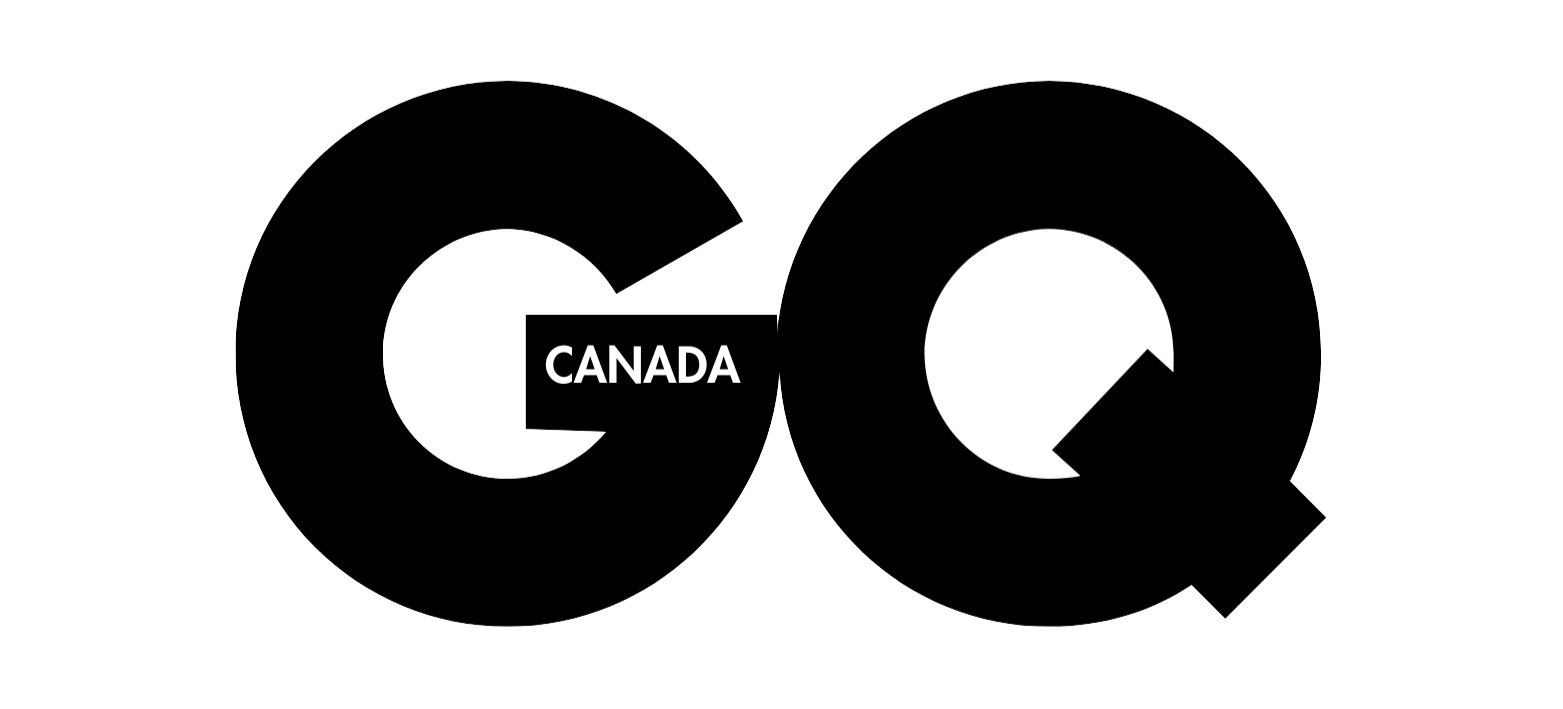
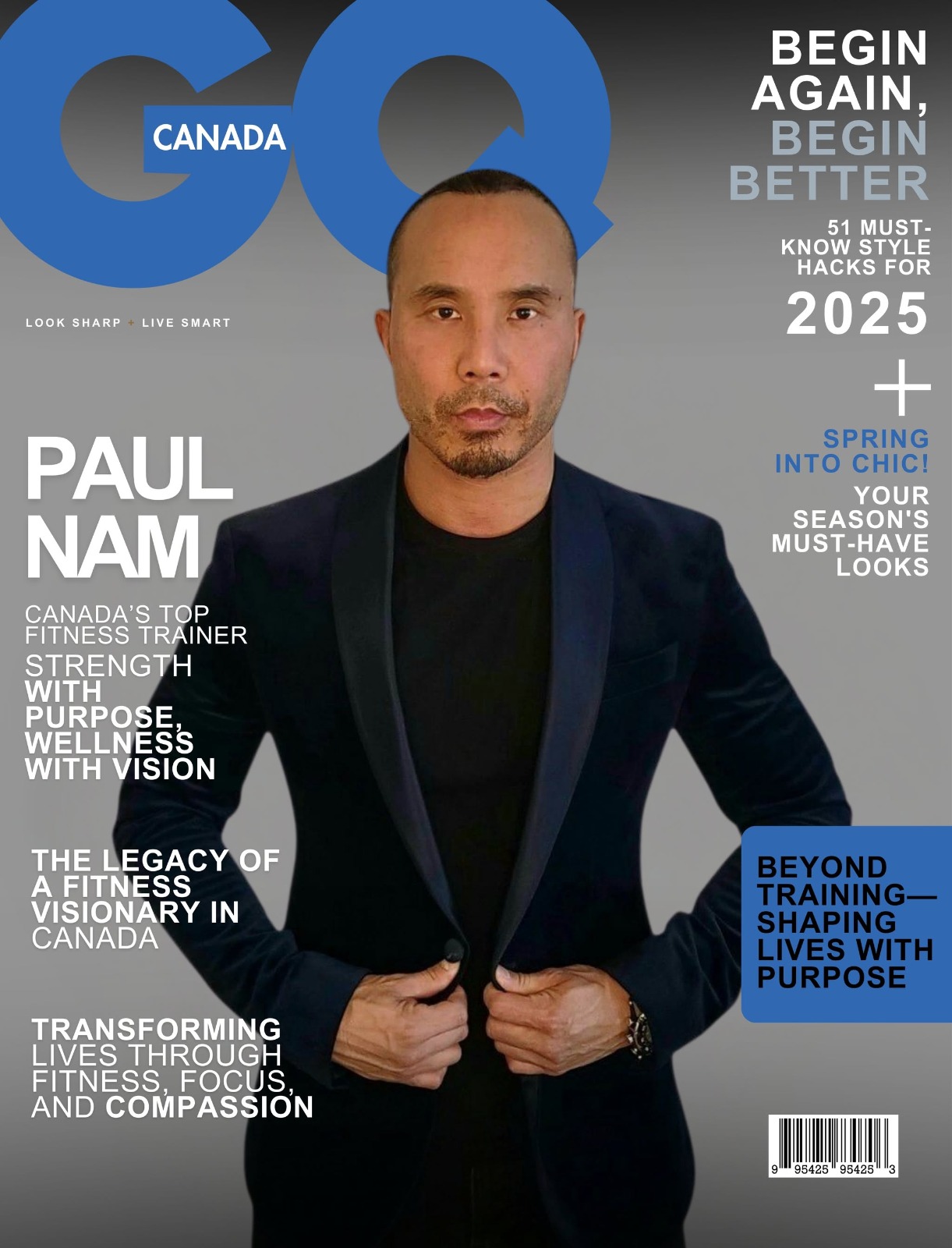



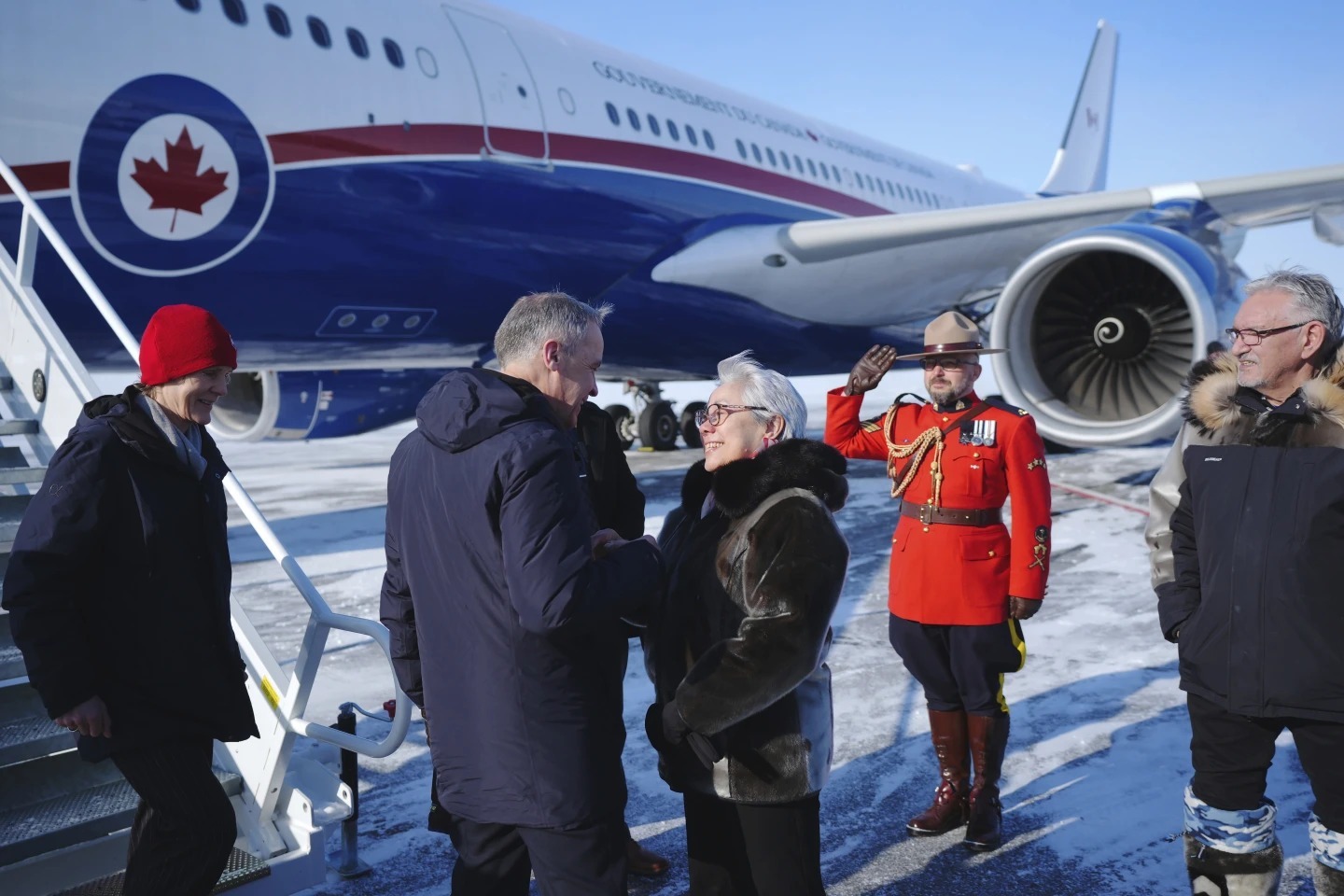
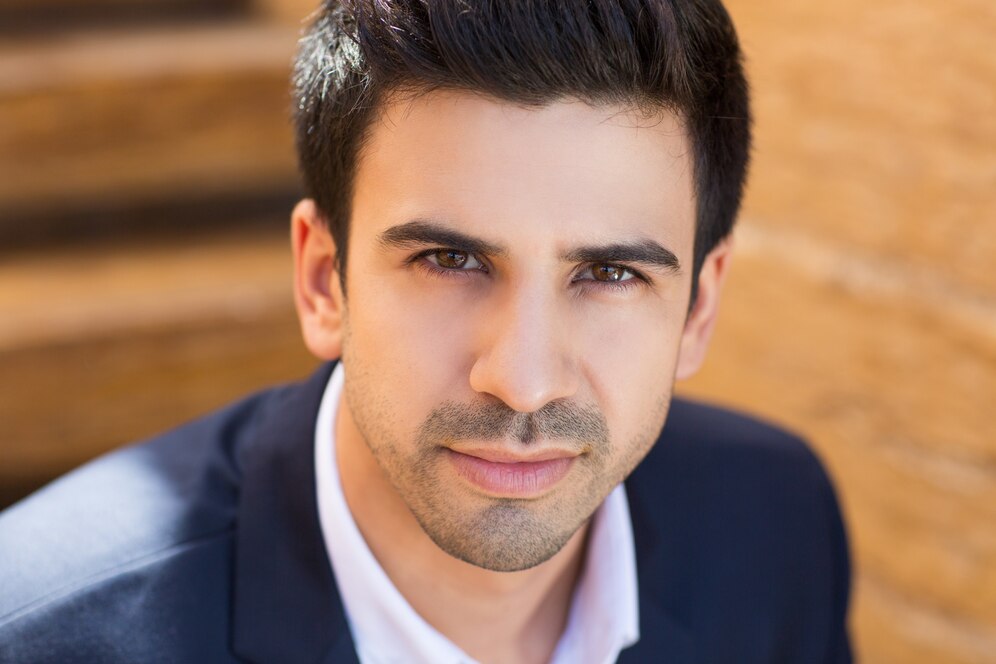
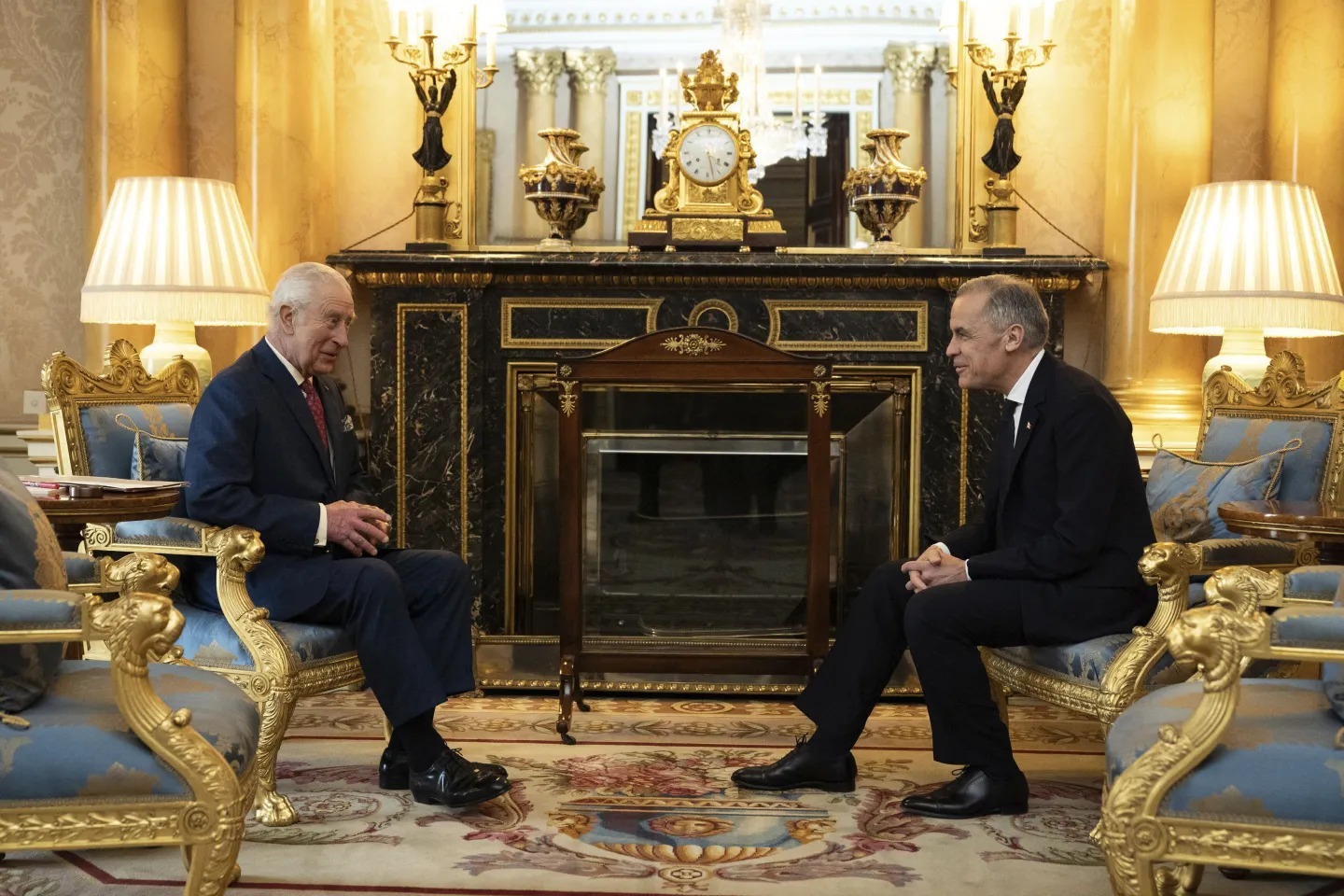
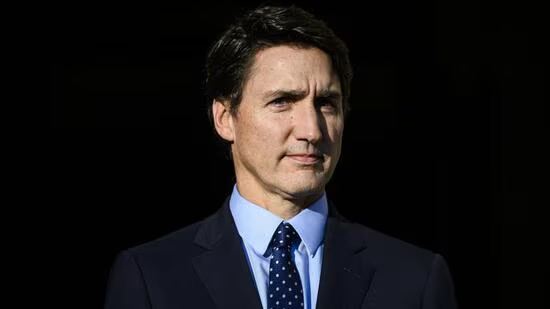


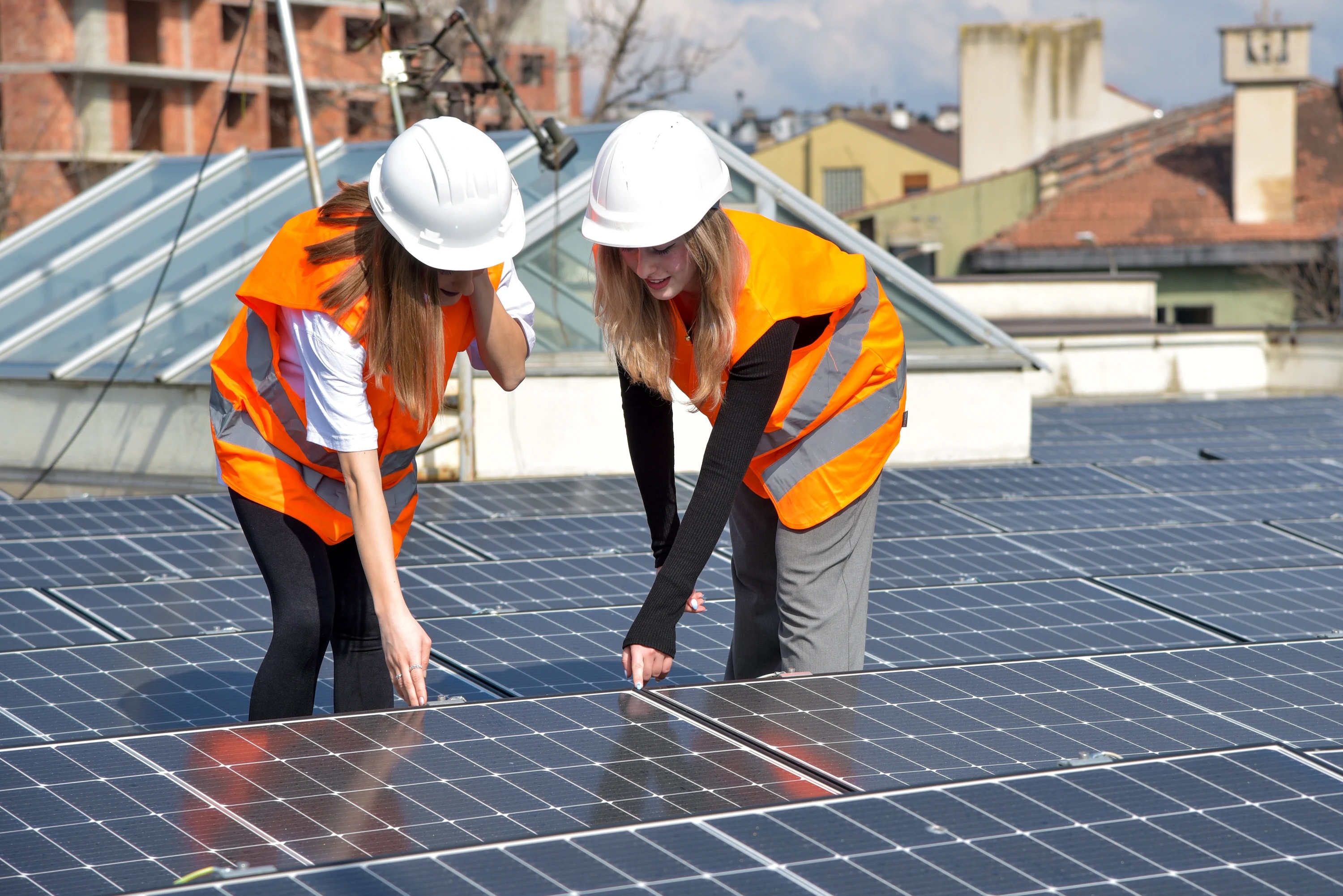
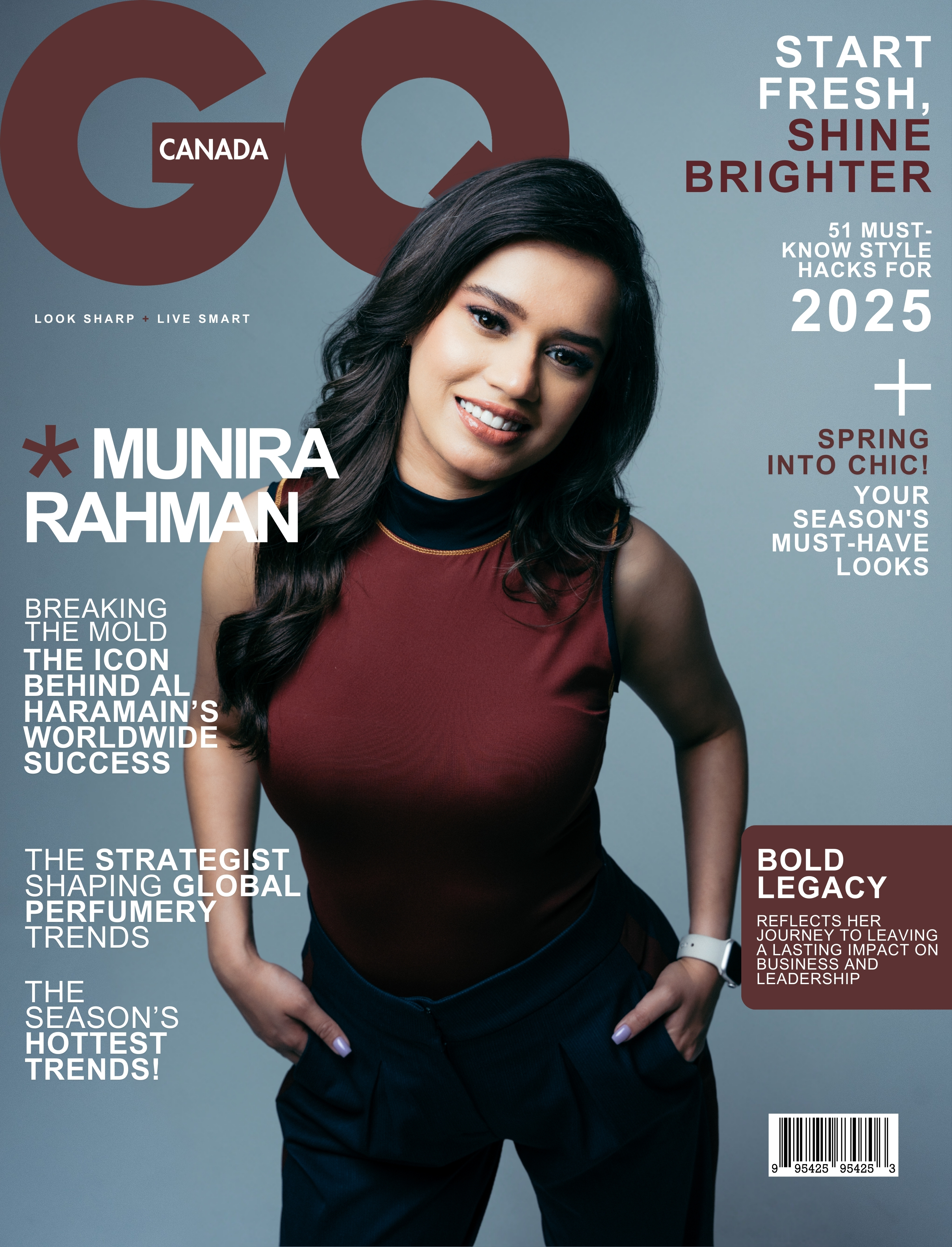
.jpg)
.jpg)
